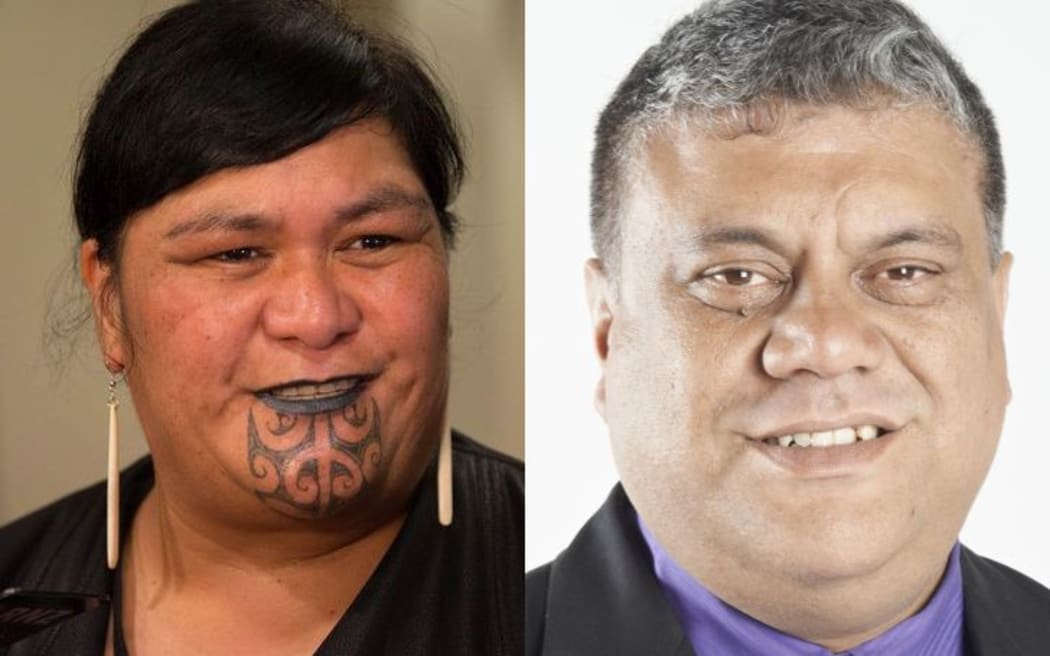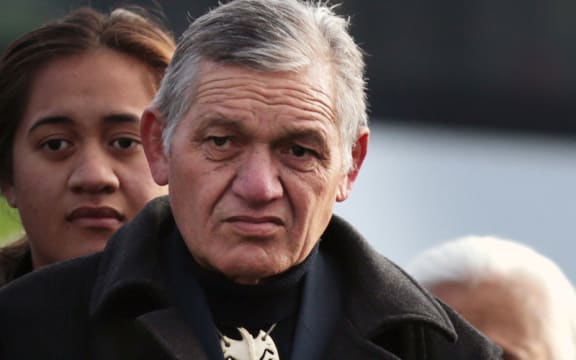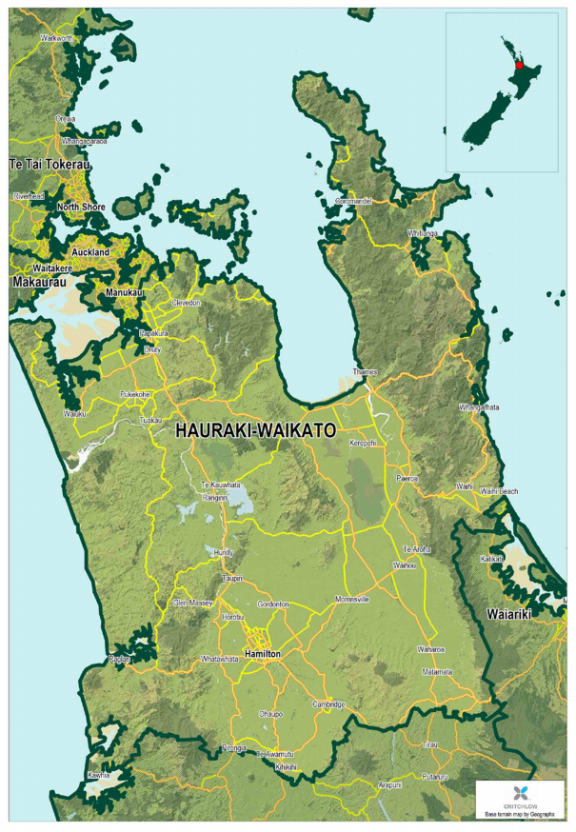Should Kīngitanga be in politics or above it?

Nanaia Mahuta (Labour), Rahui Papa (Māori) Photo: RNZ / Supplied
Candidates for the Māori seat of Hauraki-Waikato debate Kīngitanga, te reo Māori, broadcasting, the Te Ture Whenua bill, water, climate change, poverty, and housing.
The speakers are the sitting MP from the Labour Party Nanaia Mahuta and Rahui Papa from the Māori Party.
Just over a year ago, the Māori King Tuheitia publicly endorsed the Māori Party in the lead-up to this election. Not surprisingly, the Māori Party candidate for the Hauraki-Waikato seat (in which much of the Kīngitanga movement is based) agrees with that decision.

Maori King Tuheitia Paki Photo: RNZ / Diego Opatowski
In his explanation, Rahui Papa looks back to the genesis of the Kīngitanga movement in the 19th century.
“Let’s not forget that the establishment of the Kīngitanga was actually a political response to the treatment that Māori were facing at that time.”
He characterises the visit King Tāwhiao made to England to petition Victoria to give back confiscated lands as “a political response,” and he dismisses those who are saying that the movement should not be involved in politics.

Hauraki-Waikato electorate Photo: House of Representatives
While agreeing that the former Māori queen Te Arikinui Dame Te Atairangikaahu was a master of relationships, welcoming every Governor-General and Prime Minister on to her courtyard where she “had a cup of tea with them, she didn’t just sit there and talk about the weather. She talked about the state of the nation of Māoridom in a political way with her political visitors.”
However Labour candidate Nanaia Mahuta thinks that he was wrong to take that overtly party-political stance. She defends comments she made at the time which were critical of the King’s advisors.
For her, Kīngitanga is not a political party, but a political movement.
“There is a big difference. A political movement can withstand the ebbs and flows of whoever the government of the day is. I called out advisers who I believe gave the King silly advice.”
To be effective, the Kīngitanga movement must show that it can work across the political system, she says.

Photo: Radio Waatea
Chaired by Julian Wilcox, this programme was produced by Te Whakaruruhau o Ngā Reo Irirangi Māori and supported by Te Māngai Paho and the Māori Media Network.

